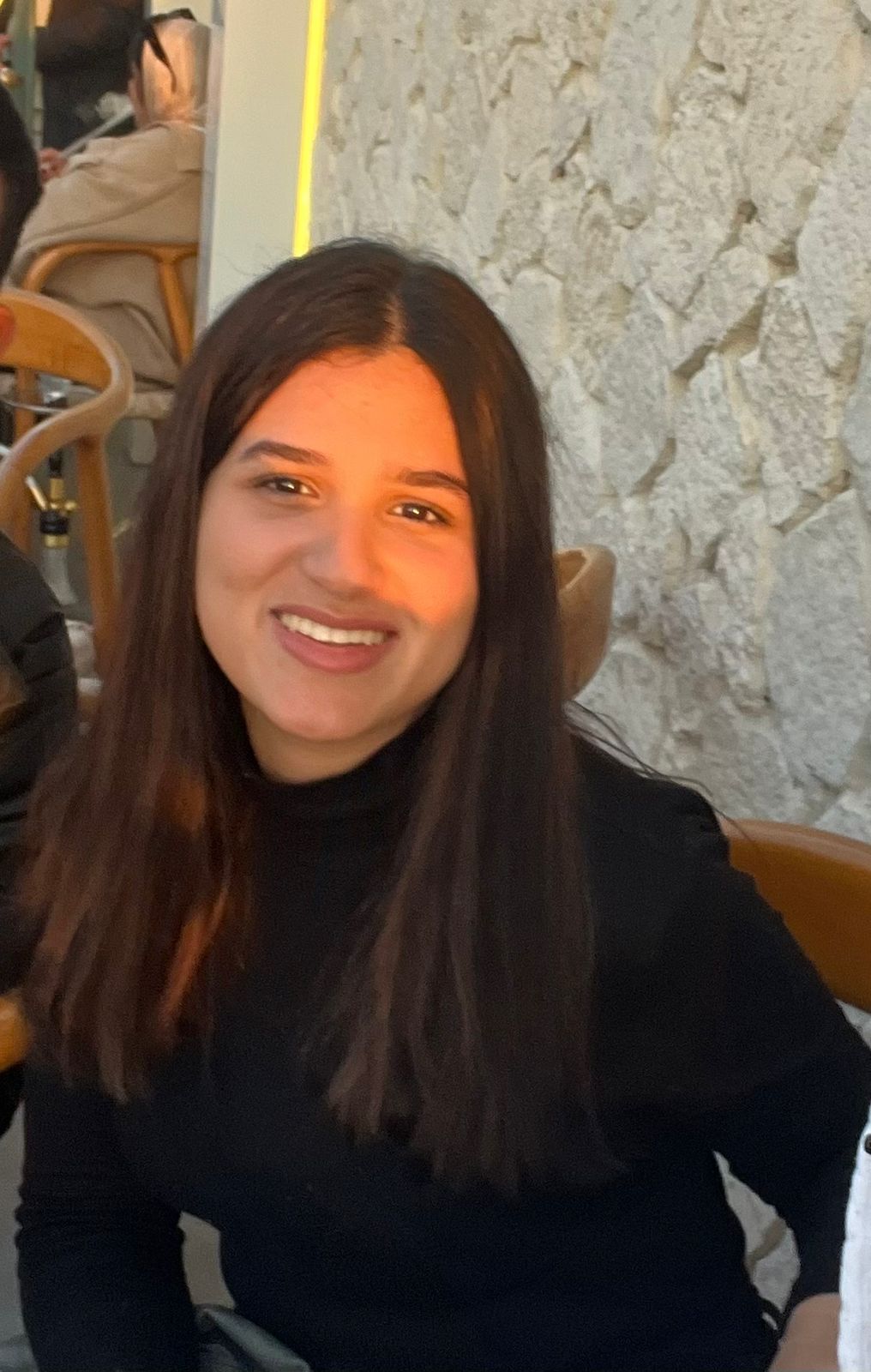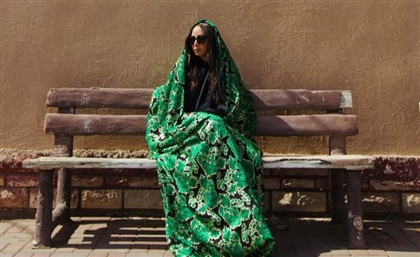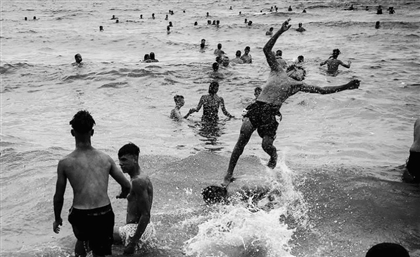Saudi Filmmaker & Author Maram Taibah Gives Voice to Girlhood
Maram Taibah moves seamlessly between worlds—whether conjuring fantastical realms for children, directing award-winning films like 'Malika', or building playful brands like Mishmish Slime.
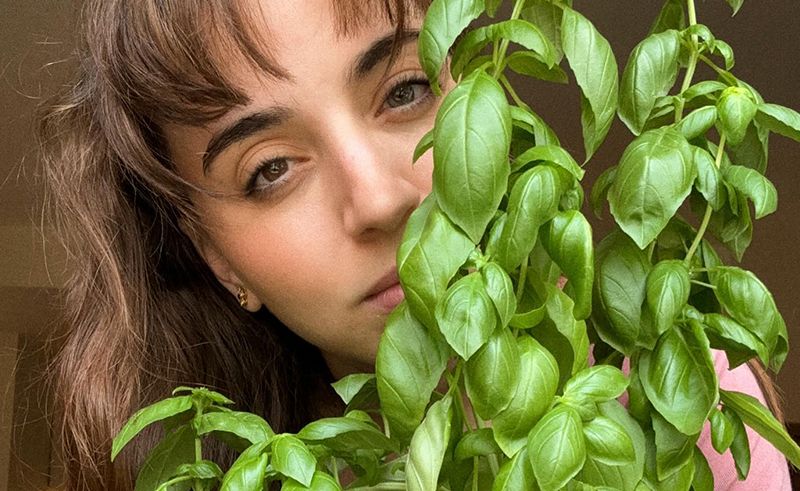
On any given day, Maram Taibah might be glued on a film set in Jeddah, a notebook of fantasy drafts spilling on her desk, or quietly packing small jars of artisanal slime scented like cardamom and jasmine. The award-winning Saudi screenwriter and director is also a children’s fantasy author and, most recently, the founder of Mishmish Slime, a playful, sensory-driven brand rooted in cultural storytelling.
Stories have always been Maram Taibah’s way of making sense of the world. As a child in Riyadh, she would disappear into books, conjuring realms far beyond the horizon of her immediate surroundings. Her imagination was restless, hungry, alive.
After countless hours of a nose too deep in books, and an imagination conjured further from reality, that instict has grown into a multifaceted creative practice that spans film, literature, and mentorship. Her recent short film, 'Malika' — funded by Film AlUla and premiered at the Red Sea International Film Festival — follows a rebellious Saudi girl who embarks on a magical quest to reclaim her grandmother’s stolen crown from mysterious beasts. Beneath its fantasy veneer lies a meditation on lineage, identity, and power, rooted in Taibah’s desire to explore what it truly means to be a queen. 
“It was a question I had about female sovereignty that I’d been rolling with for about 10 years,” she explains. “It kind of reached its peak around 2023, and 'Malika' was my vow to myself to make a film about this topic. It was also a love letter to my grandmother, who taught me a lot about sovereignty, growing up.”
The road to 'Malika' began long before she ever stepped onto a set. After earning a master’s degree in film directing from Boston University, Taibah returned to Saudi Arabia at a time when the country’s cinematic landscape was still in its infancy. She experimented restlessly — running a travel blog, writing for television, and directing short films like 'Manicure', which premiered at the Cannes Short Film Corner in 2016. That film, set in Jeddah in 1973, was an exploration of her parents’ generation and the quiet acts of rebellion hidden within ordinary lives. Its title was inspired by a pivotal exchange between a protagonist and a nail technician who chooses divorce over an unhappy marriage.
"Filmmaking begins with the threads of a question or struggle, like 'Malika',” Taibah says. “This question then led to an image of a girl looking for a crown. And then the story took shape from there.” At other times, the seed might be a fear she wants to confront, or a story she hears in passing that lodges itself in her imagination. 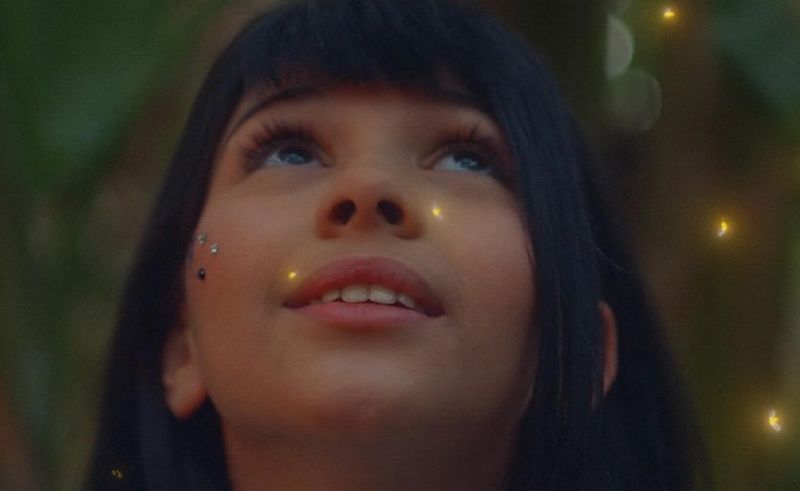
On set, Taibah is both exacting and deeply moved by the act of creation. “When I see the scene as I imagined it on the screen as the take is being filmed, it makes my heart swell,” she says. “It makes me remember why we’re all gathered to do this difficult and exhausting thing called filmmaking. The burden of worrying about everything coming together, and on time, is the hardest part."
As a Saudi filmmaker, Taibah is conscious of the weight of cultural narratives, but refuses to let them be the primary force of her work. “You need to tell a story, and make sure it’s about the story,” she says firmly. “Cultural themes weave themselves in, but the objective should always be to tell a riveting story that keeps me glued to my seat.” She is not opposed to films carrying messages or working responsibly with sensitive themes, but warns that representation can easily become a trap.
It comes as no surprise that success for her is not measured by premieres or festival selections, though her work has seen both. “The ultimate sign of success is how the audience receives the film and if it moves something for them,” Taibah says. “If it’s a film they’ll tell everyone to go see. If it’s a film they’ll watch again. If it’s a film that reminds them of their own experience or their own longing.”
If her films tend to grapple with inner transformation and cultural inheritance, her children’s books are portals into wonder. Works like 'Weathernose' and 'The Road to Elephants' draw on steampunk aesthetics and richly imagined worlds, giving young readers in the region the kind of stories she once longed for herself.
She writes, she says, for two audiences at once: her younger self and the children growing up now. This dual gaze shapes the delicate balance Taibah must strike as a children’s author. “Something I had to navigate in publishing is figuring out how much complex emotion or themes kids can take,” she says. “Depression, shame, violence. The most joyful part is writing scenes that leave kids, and myself, in a sense of wonder.” 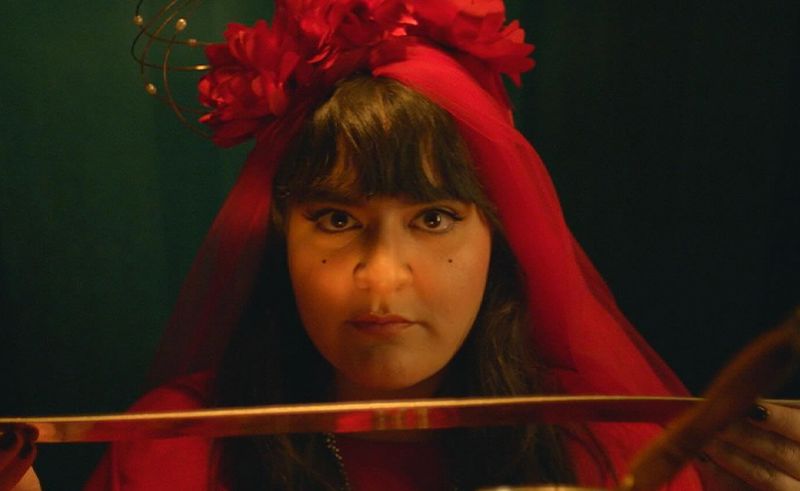
As a child growing up in Saudi Arabia, Taibah had no mentors to guide her writing, no feedback loop to sharpen her voice. Now, she offers others the support she once lacked. She runs workshops and coaches a small group of writers, both online and in person, helping them to cultivate discipline and trust their own narratives.
For all her seriousness, play sits at the heart of Taibah’s practice. This is perhaps most visible in Mishmish, the slime brand she launched almost accidentally. “Six months ago, I fell down the rabbit hole and this impossible urge to turn it into a business just took over,” she says. “I didn’t have a say in the matter!” She began wondering what would happen if artisanal slimes could embody cultural references. “Culture is currently a soft currency that Saudi Arabia is avidly growing,” she explains. “I thought, what better way to make culture tangible than through slime?”
The result is a business rooted in joy, hers and her customers’. “It taught me how incredibly rewarding it is to create something that truly brings me joy, where I enjoy every part of the process,” she says. “It also feels more selfless. When I create slime, I’m honestly excited for you to experience it and have fun with it. With writing, there’s a dance between self-validation and service to others. With slime, it’s simple: joy for me, joy for you. That’s what ultimately matters.”
Much of Taibah’s work circles back to a single, urgent desire: for girls to see themselves as heroines. “I want girls to be seen. I want them to be empowered,” she says. “I want them to allow themselves to be heroines in their own story.” 'Malika', with its image of a girl searching for a crown, is both literal and metaphorical in this sense—a reclaiming of agency through myth.
Looking ahead, Taibah is preparing to publish her debut fantasy novel, written in English and featuring a Saudi heroine. She is also developing her first feature film, expanding the world of 'Malika' into something even more ambitious. “I’m dreaming of publishing my debut fantasy novel,” she says, with the wry pragmatism of someone who knows how much work remains.
Being at once a filmmaker, a novelist, a playful entrepreneur, and a seeker of spiritual truths. “It’s a constant struggle between needing external validation — numbers, sales, spotlight — and remembering why I write and direct in the first place,” she says. “Remembering the child in me, and the child in other people.”
And perhaps that is the point: to keep dancing with the questions, even when there are no easy answers.







